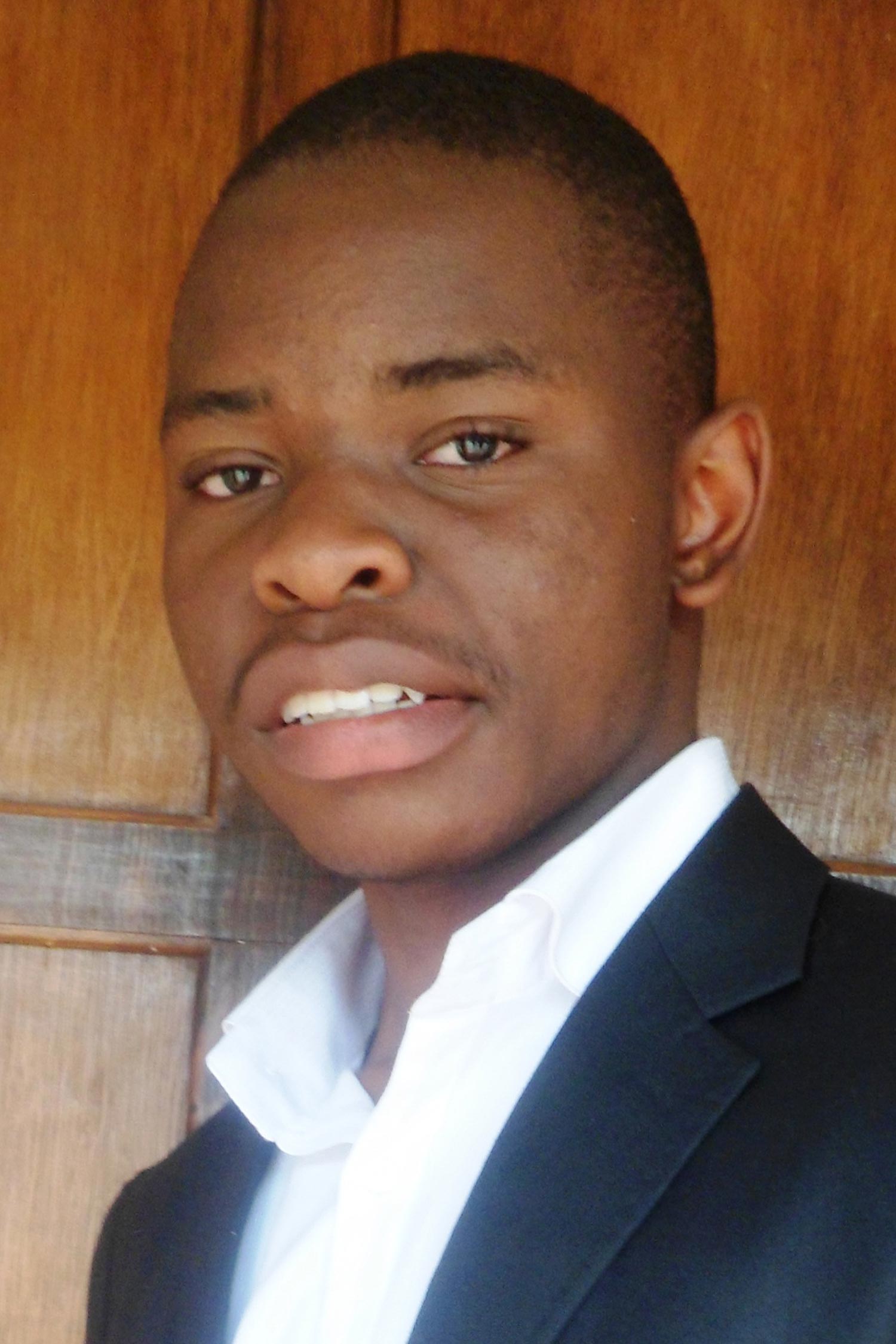
ZIMBABWE’S incumbent Child president Tatenda Christian Rusere has challenged the coperate world as we have just entered 2013 to spare a thought for children living with disabilities.
Report by Winstone Antonio
In an interview with NewsDay Teens, Rusere said children living with disabilities need support and acceptance by society at large for their survival.
“I had opportunities of visiting and working with children from different backgrounds and I have come to understand that children living with disabilities need support and acceptance by the society for their survival.”
“As a result, I therefore urge the coperate world and parents with children living with disability not to abandon them but instead give them moral support for them to pursue careers in life,” said Tatenda.
“Children who live with disabilities have different skills, talents and capacities which we only get to know when we listen to them more carefully and take an active interest in their lives,” he added.
Analysing the situation for children living with disability in the country, it can be noted that it is extremely dire as there is a double-edged problem.
Some of their problems are associated with age which makes it difficult for them to be heard.
- Chamisa under fire over US$120K donation
- Mavhunga puts DeMbare into Chibuku quarterfinals
- Pension funds bet on Cabora Bassa oilfields
- Councils defy govt fire tender directive
Keep Reading
Research has shown that the fate of children with disabilities is almost the same all over the world. It ranges from exclusion education, employment, cultural activities, festivals, sports and social events to physical and sexual violence, lack of access to healthcare, emotional abuse and neglect.
Sadly, in some societies, these innocent children are even viewed as curses and signs of things gone wrong in a family.
The World Health Organisation (WHO) estimates that only 33%of children with disabilities in Zimbabwe have access to education, compared to over 90% for the able-bodied populace.
The fight for children with disabilities has mainly been a preserve of the civic society with minimal support from the government.
However, research, papers, concepts and symposia have been held on the topic of children living with disabilities but little has been done in the form of tangible action and implementation of directly beneficial programmes for these children.
When I attended the commemorations of the International Day of African Child gathering at Unicerf’s House in Harare early last year which was held under the theme, “The Rights of Children with Disabilities: The Duty to Protect, Respect, Promote and Fulfil” I had the opportunity to chat with these teens and I came to appreciate some of the untapped talent among these children.
They are skilful and have the talent that some of them can make baskets using their legs an indication that shows they are capable of doing some of the things that can be done with the able bodied.
The International Day of the African Child has been celebrated on June 16 every year since 1991, when it was first initiated by the Organisation of African Unity (OAU).
The day honours those who participated in the Soweto Uprising in 1976 when thousands of black school children took to the streets of Soweto, South Africa in a march more than half a mile long, they protested against the inferior quality of their education and demanded their right to be taught in their own language.
During the march, hundreds of young boys and girls were shot dead by security force.











